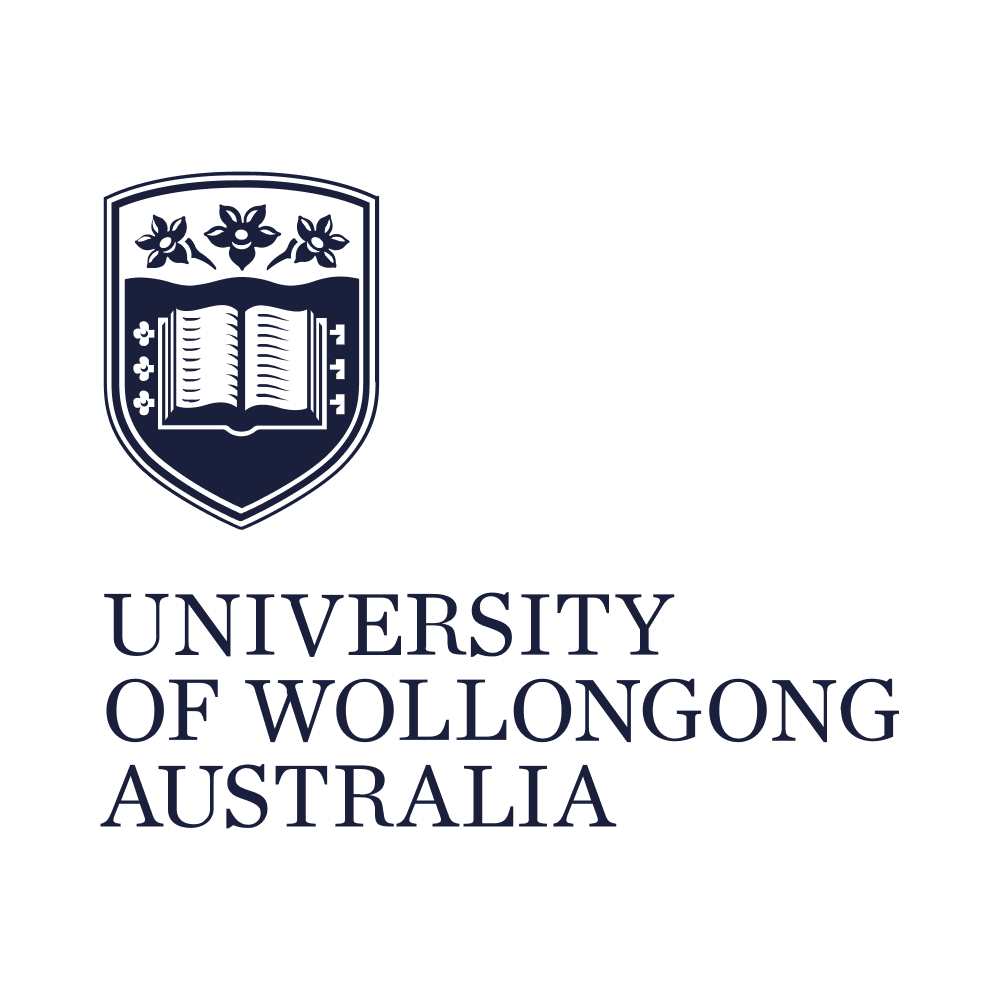University of Wollongong
Graduate Certificate in International Relations
- Delivery: Online
- Study Level: Postgraduate
- Duration: 6 months
- Course Type: Graduate Certificate

Course overview
The Graduate Certificate in International Relations is aimed at graduates of any field who want to gain a greater knowledge of international relations. The course will provide a fascinating introduction for those who want to develop an internationally focused career or those who simply have a curiosity to learn more about our shared global society. It will develop sophisticated critical thinking as well as writing and professional communication skills.
Throughout the degree, you will learn about two key areas of contemporary international relations: international security and development, and you will develop key writing and professional communication skills This knowledge will be extended into an additional area of specific interest that may include the role of the United Nations; conflict, peace, and security, Australian foreign policy, and more.
CSP Subsidised Fees Available
This program has a limited quota of Commonwealth Supported Places (CSP). The indicative CSP price is calculated based on first year fees for EFT. The actual fee may vary if there are choices in electives or majors.
Key facts
What you will study
The Graduate Certificate in International Relations requires the successful completion of 24 credit points consisting of:
- Six credit points of core subject
- 18 credit points for electives
Electives can include up to six credit points of listed 800-level subjects if the equivalent undergraduate subjects have not previously been taken. Each subject is worth six credit points.
Core
All students must complete this core subject:
- Postgraduate Critical Scholarship
Elective
All students must complete 18 credit points of the following elective subjects. Students must complete no more than six credit points of 800-level subjects.
- Research Methods and Design
- International Security
- Development Studies
- Issues in International Relations
- Public Policy and Global Issues
- Model United Nations
- Conflict, Peace & Security
- Politics of the Middle East
- Global Inequality
- Global Political Economy
- Australian Foreign Policy
- Complex Peace Operations
Entry Requirements
A recognised Bachelor's degree. Other tertiary qualifications combined with professional work experience may be considered.
Work and Life Experience
Admission to UOW is primarily based on your academic qualifications, with work or life experience generally not considered. If you do not meet the academic requirements for this course, we recommend exploring recognized pathway programs, such as those offered by UOW College or the TAFE Tertiary Preparation Certificate (TPC).
English Language Requirements
All UOW courses are taught in English and require varying levels of proficiency. If English is not your first language, you must meet the University’s English Language Requirements, which differ by course.
Accepted international test results include IELTS, TOEFL, PTE, Cambridge and OET for specific health-related courses. Contact the university or visit their website for more information.
Recognition of Prior Learning
If you have completed prior studies or relevant professional experience, you can request course credit or subject exemptions to reduce the duration and cost of your program.
Credit for prior learning evaluates your previous study or work experience related to your chosen subjects.
UOW values lifelong learning and recognizes various types of prior learning, regardless of how or where it was obtained. For more information, refer to UOW's Credit for Prior Learning page on their website.
Outcomes
Learning Outcomes
Students graduating from this course will be able to:
- Demonstrate an advanced knowledge of the discipline of international relations.
- Critically analyse a range of information about processes and problems at the international and transnational levels.
- Effectively communicate complex issues within the field to others.
Fees and CSP
Total indicative course tuition fee in 2026: $7,114 (Commonwealth Supported Place)
The total course tuition fee shown is indicative and based on the normal course length and progression.
A student’s fee may vary depending on:
- The number of subjects studied per term.
- The choice of major or specialisation.
- Choice of subjects.
- Credit from previous study or work experience.
- Eligibility for government-funded loans.
You may also need to pay the student services and amenities fee.
Student fees shown are subject to change. Contact the university directly to confirm.
Commonwealth Supported Places
The Australian Government allocates a certain number of CSPs to the universities each year, which are then distributed to students based on merit.
If you're a Commonwealth Supported Student (CSS), you'll only need to pay a portion of your tuition fees. This is known as the student contribution amount – the balance once the government subsidy is applied. This means your costs are much lower.
Limited CSP spaces are offered to students enrolled in selected postgraduate courses.
Your student contribution amount is:
- Calculated per subject you're enrolled in.
- Dependent on the study areas they relate to.
- Reviewed and adjusted each year.
HECS-HELP loans are available to CSP students to pay the student contribution amount.








